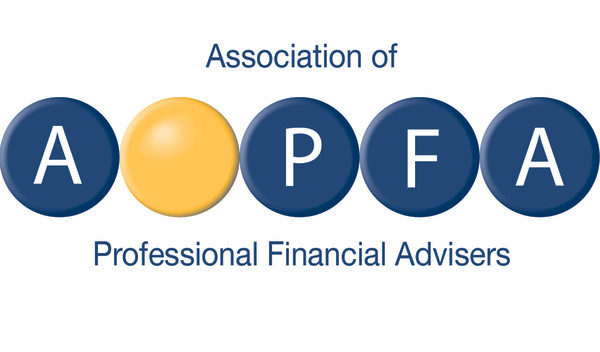

Recently I met up with some old chums. I mentioned I did this column every week. There was some surprise that I could find something to say every week. Usually it is easy – but this week I needed a standalone subject. So thank you to that endangered creature, a directly regulated Apfa member, for sending me a copy of Apfa’s Manifesto for Advice.
A manifesto is defined as: “a public declaration of intent, policy and aims as issued by a political party, government or movement”. So Apfa is a movement? More a timid sloth.
So what does it say? Well nothing memorable. It does not say anything meaningful so there is nothing to argue about.
It would like government to create “a stable policy environment for saving and pensions”, “make the FCA regulation more proportionate” and “to develop a saving strategy”. Don’t we all, ducky.
It wants the regulator to cut reporting requirements and simplify its handbook, it asks for a long stop – but not by name – and wants effective supervision of existing rules rather than new rules. It also wants the industry to promote advice, to develop low-cost services, and so it goes on for another eight pages.
All motherhood and apple pie. Where is the demand for real regulatory accountability? Where is the exposure of the workings of Fos? Why is it silent on the Money Advice Service or the use of unregulated, unqualified and inexperienced individuals to deliver pension freedoms? Where is the exposure of the soft ride given to banks? Trail commission?
Sadly, Apfa’s manifesto is made in its own image. Supine, apologetic and impoverished. No wonder it cannot recruit members.
Despite being choked by regulation, the IFA sector contributes £6.5bn to the UK economy, employs 128,000 people and up to recently advised 16m people. It is important and should demand respect.
It is high time the IFAs had a strong voice with its own policies clearly defined and detailed. How are we going to advise those below high net-worth? What changes are needed to the regulator’s accountability to parliament? What are the barriers to stop ex-regulators cashing in on their regulatory contacts? Should not the FCA Consumer Body have some consumers on it? How do we bring new recruits into the sector?
The IFA sector needs to get off its knees, become ambitious and claim its future. Next week.
Garry Heath is editor of the Heath Report



